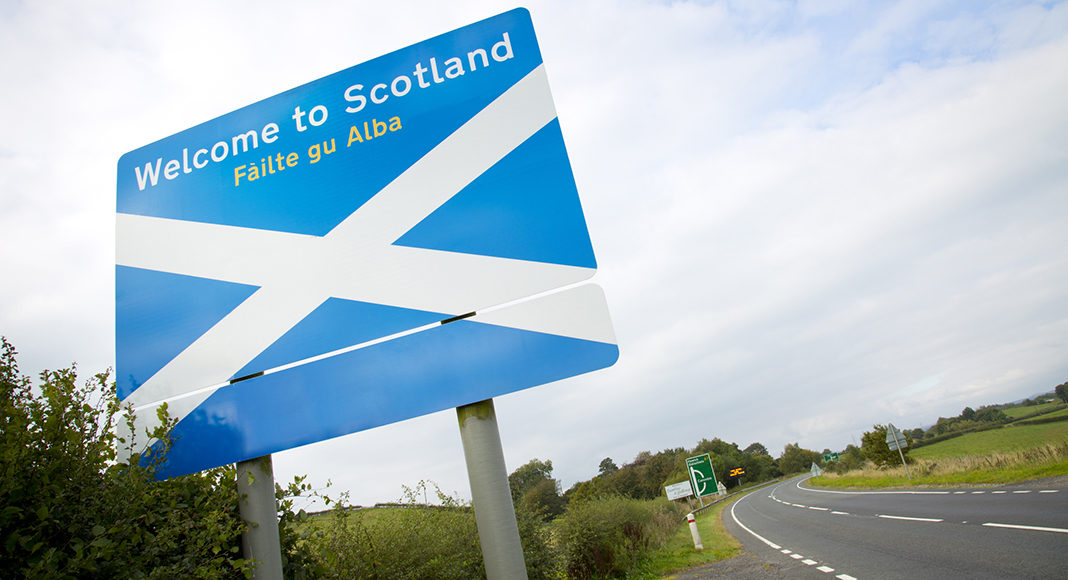Drug driving limits and roadside testing will be introduced in Scotland later this year.
There will be a zero tolerance approach to eight drugs most associated with illegal use, including cannabis, heroin and cocaine, with limits set at a level where any claims of accidental exposure can be ruled out. A list of drugs associated with medical use will have limits based on impairment and risk to road safety.
The new rules will make it easier to hold drug drivers to account as there will no longer be a requirement to prove that someone was driving in an impaired manner.
‚ÄúThe introduction of drug driving limits will strengthen the power of Scotland‚Äôs police and prosecutors to tackle the minority of drivers who irresponsibly put themselves and other road-users at risk,‚ÄĚ said Justice Secretary Humza Yousaf. ‚ÄúDrug driving is completely unacceptable, and we will continue to use all of the tools at our disposal to prevent the avoidable deaths and damage caused by those who drive under the influence of drugs.
‚ÄúTogether with our stringent drink-driving limits, these new laws will ensure that Scotland has the UK‚Äôs most robust laws against impaired and unsafe driving.‚ÄĚ
Police Scotland, the Scottish Police Authority and the Crown Office and Procurator Fiscal Service have been making preparations for the law that is due to be implemented in October.
‚ÄúPolice Scotland is committed to reducing road casualties, and tackling drink and drug driving is a key focus of our activity. The devastating impact of drug driving on victims, communities and users themselves cannot be understated,‚ÄĚ said Chief Inspector Stephen Innes of Police Scotland.¬†‚ÄúThis new legislation will significantly enhance our ability to detect and deter motorists engaging in this extremely risky driving behaviour.‚ÄĚ
Existing law makes it an offence to be in charge of a motor vehicle while unfit to drive through drink or drugs, with the penalties ‚Äď reserved to Westminster ‚Äď being a minimum 12-month driving ban, up to six months in prison and a fine of up to ¬£5,000. The new offence of driving while above specified drug limits will operate alongside the current offence and carry with it the same maximum penalties.
Currently, when police suspect drug driving, they can carry out the roadside field impairment test. If the individual fails the test this provides sufficient evidence to arrest and take the driver to a police station for further tests. A doctor must certify that the person is, in their opinion, impaired to the extent that they are unfit to drive.



















